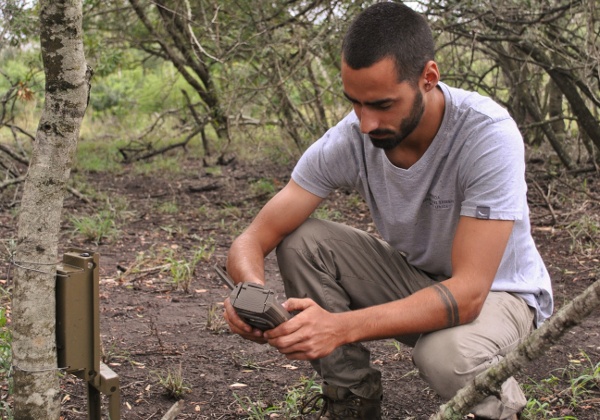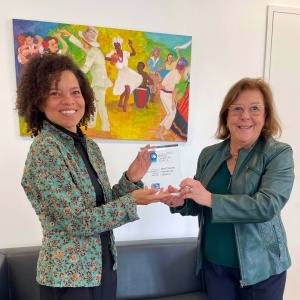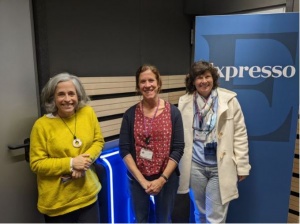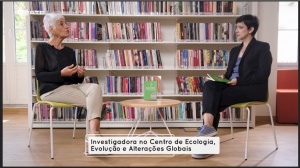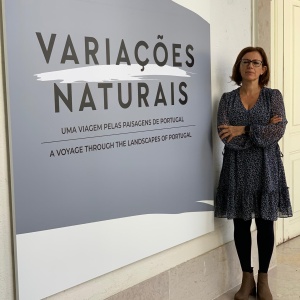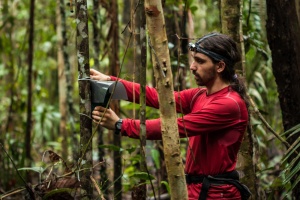6/07/2018. Interview by Marta Daniela Santos.
Meet Gonçalo Curveira-Santos, PhD student at cE3c in the Doctoral Programme in Biodiversity, Genetics and Evolution (BIODIV), and his project, awarded with a National Geographic Early Career Grant!
After a Bachelor in Biology by the Faculty of Sciences of the University of Lisbon (2008-2011), his interest in studying the conservation ecology of mammalian carnivores in humanized landscapes led him to Sweden, where he completed a Master in Biology and Conservation Ecology by the University of Uppsala (2012-2014) in this subject.
Back at cE3c, Gonçalo Curveira-Santos worked in the evaluation of predator-prey relationships under different management approaches to predator control measures, with a Research Fellowship, until in 2015 he enrolled in the BIODIV Doctoral Programme, in which he is now developing the research for which
Project: Structuring of South African carnivore assemblages across human-induced landscape gradients: implications for predator management and conservation
What is your project about?
In this project we will use South African carnivores and the intricate landscape mosaic that characterizes the local conservation setting as a study model to understand factors shaping carnivore assemblages across human-induced landscapes gradients. We hope to contribute to advance our understanding of carnivore responses to environmental change and the development of successful conservation and management plans for predators in the region
When will it take place?
From July-October of this year, with National Geographic’s support, we will survey a public protected-area in KwaZulu-Natal, a South African province. This funding widens the range of landscapes under analysis in a work that began in 2017, when our team surveyed an area of about 450 km2 in the same region, which included private reserves, cattle/game ranches and Zulu tribal communities.
Why is this problem important?
Human-induced environmental change alters patterns of predator diversity with potential but often unknown ecosystem-wide effects. In South Africa, diverse carnivore guilds persist in increasingly fragmented landscapes, with private/provincial reserves interspersed in human-dominated lands. Understanding and document changes in carnivore assemblages structure across different management contexts is fundamental to develop needed conservation programs at a guild-level, inclusive of overlooked smaller species, and integrative of non-protected areas, in light of increasing human development and limited reserve-network expansion.
How will you study it?
We will monitor the distribution and activity of local carnivore species with remotely activated “camera-traps” equipped with heat and motion sensors, a non-invasive technique, suitable for the study of elusive and often nocturnal species. Last year we placed ~200 cameras, and plan to place ~100 more this year. Once we identify the species in each photograph, and based on the time and location registered, we will model how assemblages’ composition and spatial organisation varies between different landscapes, depending on the level of human disturbance and the presence or absence of large predators.
Who is part of the team?
This project is a collaborative effort between cE3c, University of Lisbon (PhD host institution) and University of Venda, South Africa; under supervision of Prof Margarida-Santos Reis and Prof Lourens Swanepoel.

